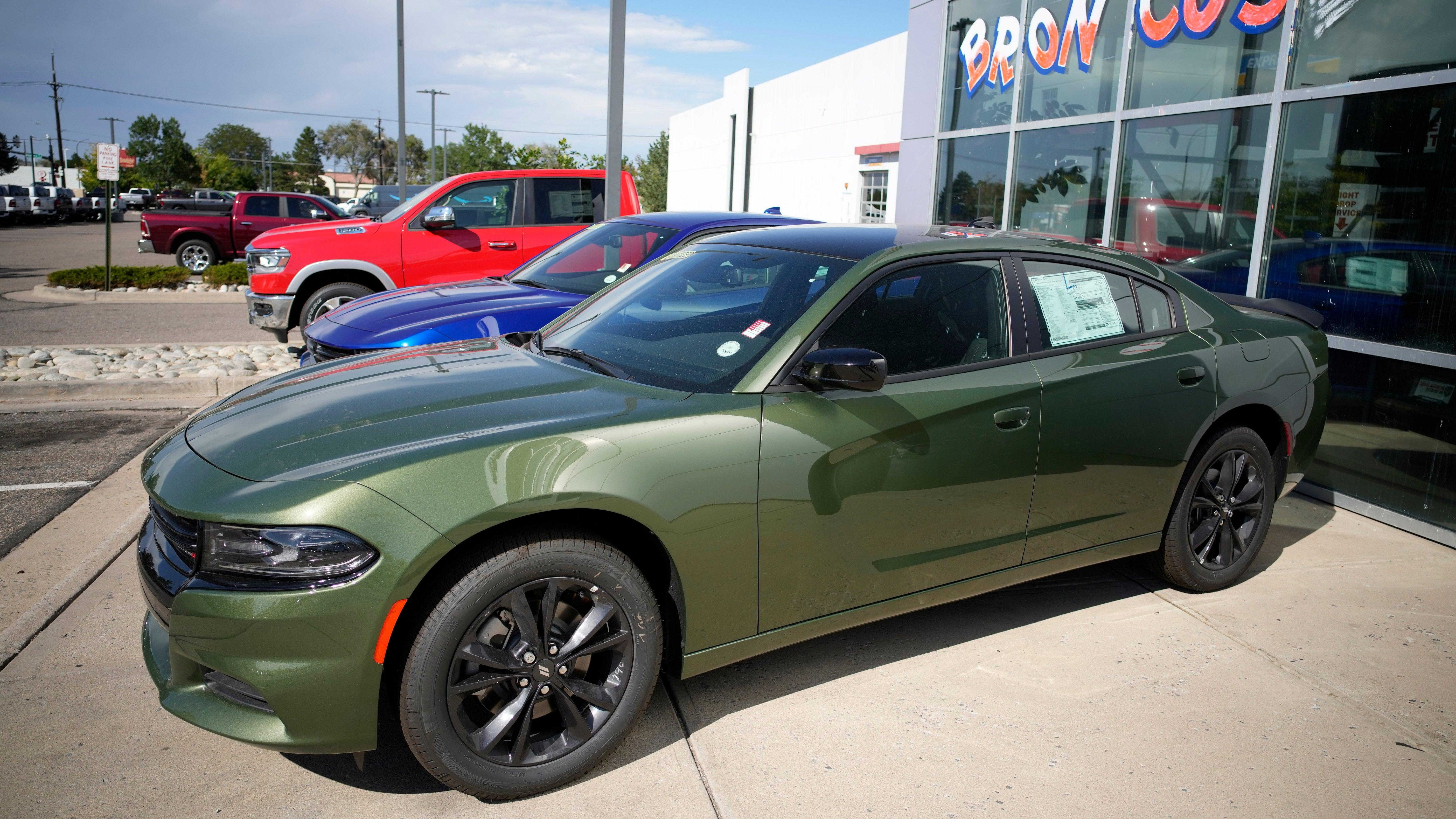Almost Half Of Car Buyers Are Sitting Out The Market For Now: Study
Even then, it is definitely still a seller's market.
The car market, both used and new, is still overheated because of pent-up demand (still) and the compounding effects of the chip shortage, which have sapped inventories and led to a run on used cars. According to a new study, lots of would be buyers have had a look at the whole situation and said, "No, thanks."
And by "lots," I mean nearly half, according to Kelley Blue Book.
Among in-market car shoppers, 48% say they are likely to postpone their purchase due to the chip shortage. Of those likely to postpone, most plan to wait at least several months: 40% said seven months or longer, 40% said three-to-six months, and 12% said one-to-two months. Shoppers who do not plan to postpone understand that they may need to make some changes to their plans to be able to purchase a vehicle sooner rather than later. Among shoppers who said they would not postpone their purchase, 25% said they would consider switching brands, 19% said they would consider changing vehicle categories, and 18% said they would consider shifting from purchasing new to used.
To my surprise, KBB also says that the majority of shoppers know that it is the chip shortage, specifically, that's the main cause for all of this mess. KBB's other data says that many people are willing to switch brands and categories and from new to used and from foreign to domestic, in what sounds like a sort of forced flexibility among buyers.
Slightly more than a third (35%) of all surveyed in-market shoppers say they are willing to pay above MSRP, further indicating they would pay up to a 13% premium, or roughly $5,600 more based on the latest Kelley Blue Book Average Transaction Prices. In addition, three-quarters of consumers are willing to drive outside of their local area for a vehicle with most shoppers willing to drive between 50 – 200 miles; however, fewer than 20% will drive more than 200 miles.
In addition, many shoppers say they are willing to make some changes to their vehicle purchase plans due to the chip shortage. Among all in-market shoppers surveyed, 35% said they would shift from an import to domestic brand, 32% said they would switch brands they are considering, and 31% said they would shift vehicle categories. Further, 38% said they would shift from purchasing a new vehicle to a used vehicle, but only 18% said they would consider shifting from buying used to new.
Now, it must be said that there is a fair amount of privilege baked in here, given that if you are in the market for a car in America and have the luxury of waiting even a day to make your purchase, you are very likely in a fairly good position, given that owning a car is a necessity for working and living in the vast majority of this land. It wouldn't be surprising, in other words, if the 52 percent of people who say they aren't postponing buying a car includes a large number of people who wish they could.
Further, the number of car buyers who have the luxury of sitting down and proactively choosing new or used, foreign or domestic, sedan or SUV, etc, is also a fairly privileged set, given that many people in this country simply want anything that runs. We could help fix that if we wanted to — the solution involves taxing rich people more and building lots of trains — but we aren't because, well, actually no one really knows why.
